iPhone 12 vs Samsung Galaxy S21: Which should you buy?
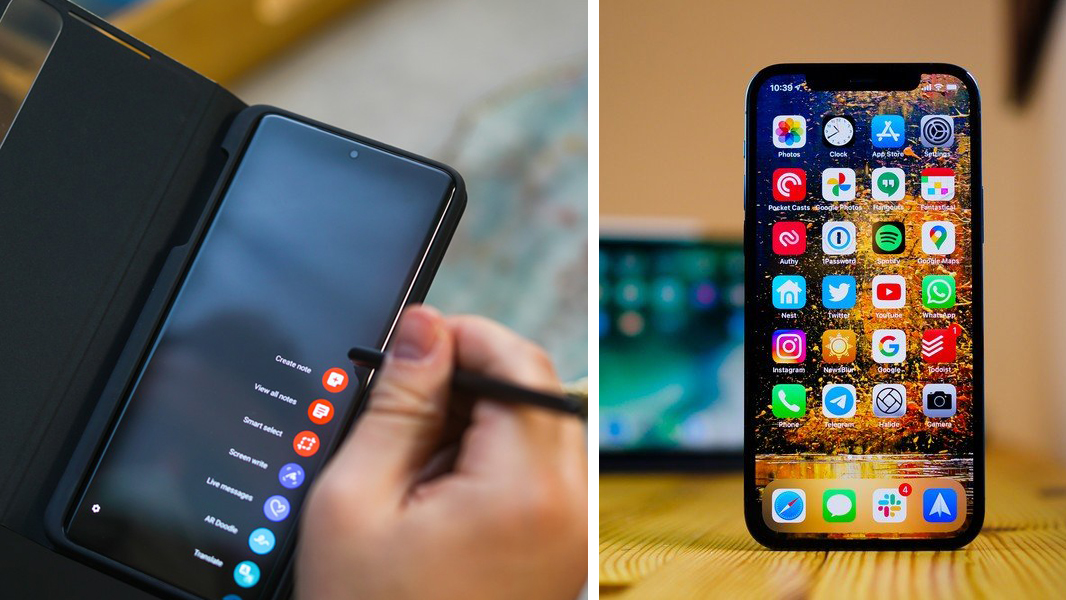
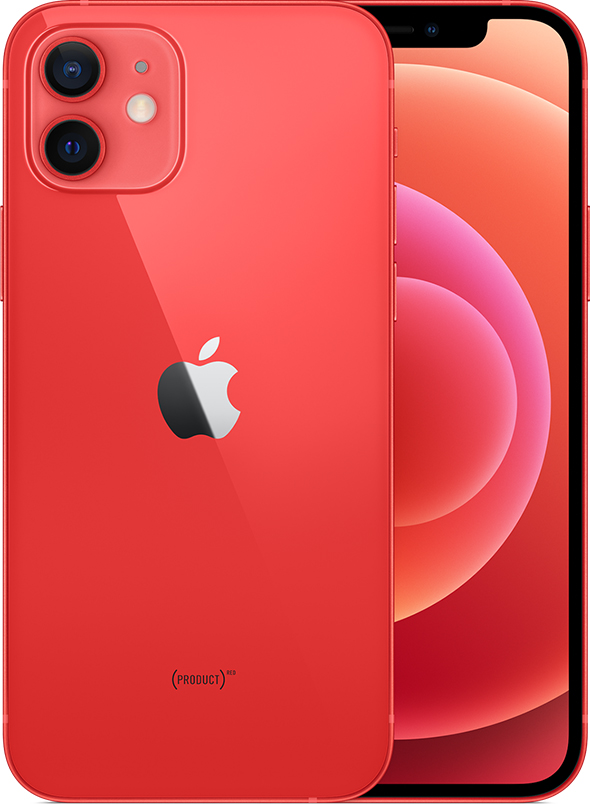
Smarter camera
While the iPhone 12 doesn't pack in as many bells and whistles as the Galaxy S21, it still operates the best processor in the business, as well as a camera that can only be beaten by its sibling, the iPhone 12 Pro.
For
- Fastest processor
- Unequaled smart camera features
- Dolby Vision HDR recording
- Ceramic shield screen
Against
- Limited zoom capabilities
- 60Hz refresh rate
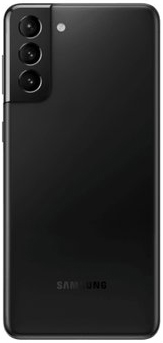
The gamer's BFF
Samsung's Galaxy S21 enters the scene with an all-new design that looks super slick. The cutting edge display with a 120Hz refresh rate is a gamer's dream.
For
- 120Hz refresh rate
- Very cool design
- 30X digital zoom
- Longer battery life
Against
- Plastic backing
- Camera is less effective in low light
Compared to the Apple iPhone 12, the Samsung Galaxy S21 packs a ton of impressive specs that gives it an edge. But how do those features translate to everyday usage? Let's do a more in-depth comparison to find out.
iPhone 12 vs Galaxy S21: Key Differences
The technical specifications of the Galaxy S21 are pretty impressive, as you can see here. It has a slightly larger screen, a higher refresh rate, and more impressive hardware on the camera. The GS21 also has a much bigger battery, but it no longer comes with a charger in the box, which would have been a major advantage over the iPhone 12. Of course, no one has yet beat that Apple A14 Bionic chip processor, but the Snapdragon 888 in the GS21 is a close contender for sure.
| Header Cell - Column 0 | iPhone 12 | Galaxy S21 |
|---|---|---|
| Design | Ceramic Shield front + Glass back and aluminum frame | Glass front (Gorilla Glass Victus), polycarbonate back, aluminum frame |
| Colors | Black, White, (PRODUCT)RED, Green, Blue | Phantom Gray, Phantom White, Phantom Violet, Phantom Pink |
| Display | 6.1‑inch OLED display, 60Hz refresh rate | 6.2-inch Amoled 2X display, 120Hz refresh rate |
| Processor | A14 Bionic | Snapdragon 888 |
| Camera | Dual lens 12-megapixel wide and 12MP ultra-wide rear, 12MP TrueDepth front | Triple lens 12MP main camera, 12MP ultra-wide, and 64MP telephoto lens |
| Storage | 64GB, 128GB, 256GB + 4GB RAM | 128GB, 256GB, 512GB + 8GB RAM |
| Battery | 2,815mAh, Fast charging (20W charger sold separately), Qi wireless charging | 4,000 mAh, Fast charging (charger sold separately), Qi wireless charging |
| IP rating | IP68 | IP68 |
| Headphone jack | None | None |
| Size and weight | 5.78x2.81x0.29 inches, 164g | 5.97x2.80x0.31 inches, 171g |
| Software | iOS 14 | Android 11 |
iPhone 12 vs Galaxy S21 Design: The Galaxy S21 has a slick new look
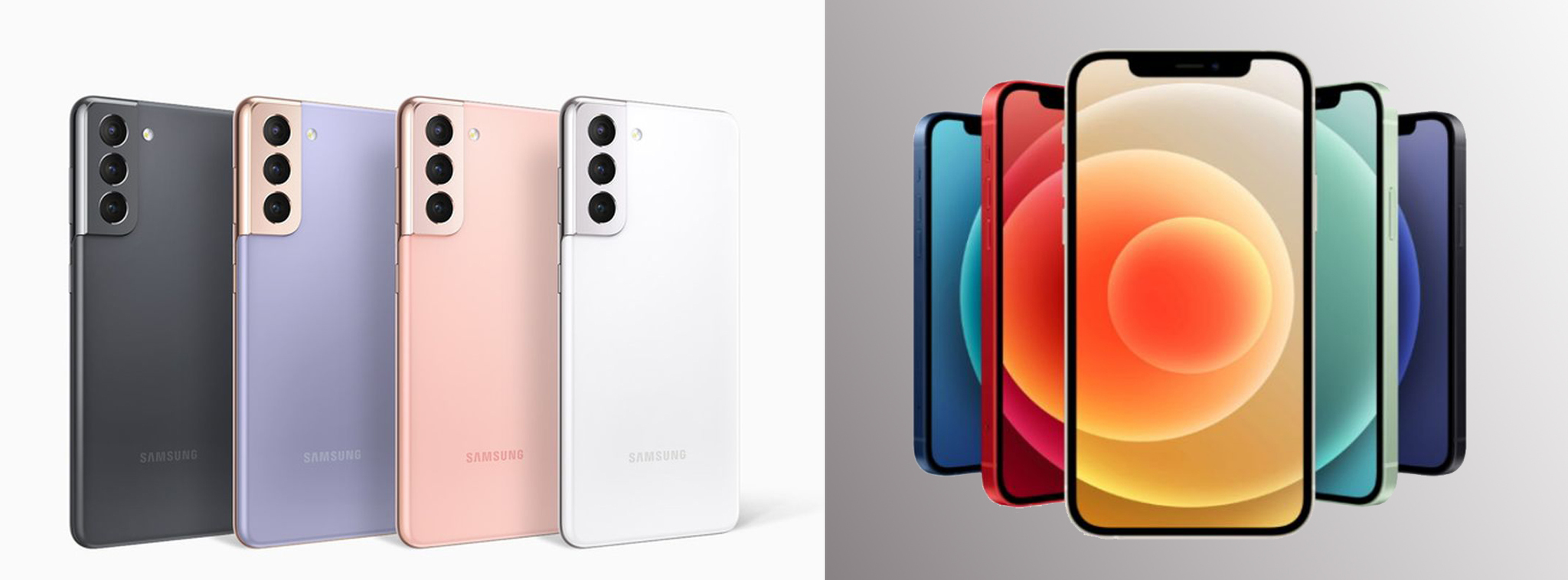
The iPhone 12 has a cool design that harkens back to the flat edges of the iPhone 5, which is pretty nice, but the Galaxy S21 has a whole new look that is undeniably cool. The camera is housed within the aluminum frame of the phone, creating a contrast of metal accents against a colorful backing. The result is a striking look that definitely stands out, especially in the gold and Phantom Violet colorway.
For slick looks and high-performance display, we have to give this round to the Galaxy S21.
When it comes to quality materials, the ceramic shield screen on the iPhone 12 is definitely the toughest smartphone screen there is. While the Gorilla Glass Victus on the GS21 is also durable, the iPhone 12 screen is more drop resistant. The Galaxy has a new polycarbonate back now that won't break, but it doesn't feel as high-end as glass.
As for display, both handsets offer super high-resolution and beautiful color reproduction, but the new AMOLED 2X display on the GS21 is brighter and more vivid. The real difference here, however, lies within the refresh rate. Galaxy's 120Hz refresh rate will provide smoother scrolling and excellent gameplay, a definite advantage over the iPhone's 60Hz refresh rate. For slick looks and high-performance display, we have to give this round to the Galaxy S21.
iPhone 12 vs Galaxy S21 Camera: Hardware versus software
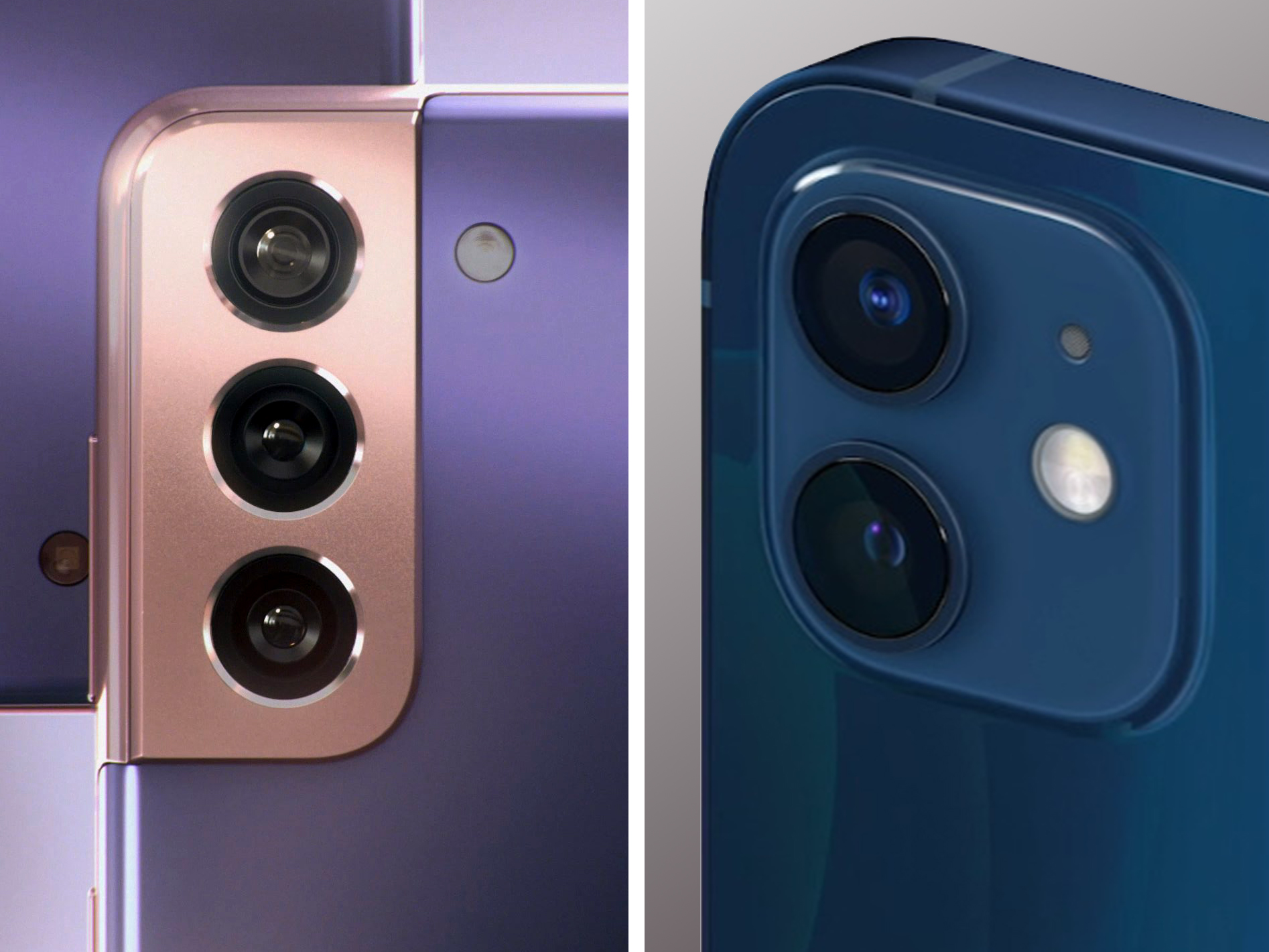
While the 12MP cameras on the iPhone 12 are perfectly good, it's the Smart HDR3 tech that makes the Apple smartphone's computational photography so impressive. The technology analyzes scenes and automatically makes adjustments to lighting, aperture, and focus to fit the situation at hand. The result is beautifully lit photos with unique subject focus and gorgeous detail.
In comparison, the Samsung Galaxy S21 brings a lot of camera hardware into the ring, which has its own advantages. While the GS21 also has Night Mode and Portrait Mode like the iPhone 12, the real difference here is in the zoom. The 64MP telephoto lens allows for 3X optical zoom and an astounding 30X digital zoom. While there's always a loss of quality with digital zoom, it's certainly a big advantage over the 2X optical and 10X digital zoom offered by the iPhone 12.
Master your iPhone in minutes
iMore offers spot-on advice and guidance from our team of experts, with decades of Apple device experience to lean on. Learn more with iMore!
The iPhone 12 camera is smarter, but the GS21 camera has better hardware.
The iPhone 12 does record video in Dolby Vision HDR - a huge benefit for videographers - but the Galaxy S21 records in 8K as opposed to 4K on the iPhone 12. Your preference in this arena will depend on your own video recording and playback needs.
When it comes to cameras, the proof is in the results, and the iPhone 12 can still produce images with better detail and color accuracy, especially in low light situations. If zoom is a big deal for you, however, the Galaxy S21 is the clear winner in that arena. The iPhone 12 camera is smarter, but the GS21 camera has better hardware, so this decision will depend on your own photography preferences.
iPhone 12 vs Galaxy S21 Performance: Neck and neck
Determining which smartphone performs better overall is a tough call; both of them have their benefits. For sheer speed, the iPhone 12 is rocking Apple's state-of-the-art A14 Bionic chip, which is the fastest smartphone processor there is. The Galaxy S21 is running on the new Snapdraon 888, while this is definitely the best processor that Qualcomm has ever produced, it still clocks in slightly slower than the A14 Bionic.
On the other hand, the Galaxy S21 does have double the RAM than the iPhone 12, so that might make the differences in speed pretty indistinguishable. Even though the iPhone 12 is faster, gameplay will likely feel better on the Galaxy S21 regardless, mostly due to the 120Hz refresh rate.
The iPhone 12 may deliver games at a faster speed, but gameplay on the Galaxy S21 will look smoother because of the high refresh rate.
As for battery life, Samsung has adapted its high refresh rate to lower automatically when it's not needed, helping the battery to last longer overall. The result is that the GS21's big 4,000 mAh battery can now outlast the iPhone 12's battery life by about an hour between charges.
So while the iPhone 12 has a better processor, the Galaxy S21 has more RAM and better battery life. The iPhone 12 may deliver games at a faster speed, but gameplay on the Galaxy S21 will look smoother because of the high refresh rate. When it comes to performance, these two handsets come out pretty even in our opinion.
iPhone 12 vs Galaxy S21: Which one should you get?
There's no denying that the iPhone 12 and the Galaxy S21 are both incredible smartphones that will outperform other brands. The two are only equaled in camera and performance by their bigger flagship counterparts. If you're trying to decide which handset to buy, it's not a clear-cut decision.
On paper, the Galaxy S21 has better technical specs, such as a more versatile triple-lens camera, a bigger battery, and more RAM. When you put them to the test, however, the iPhone 12 is actually faster and produces better photos in most situations. It also has Dolby Vision video recording, if that's what you're into. Deciding which phone works best for you will depend on how you plan to use it.
If you have an 8K monitor or TV, then the 8K video recording feature on the GS21 might prove more attractive, while video editing gurus will likely prefer the iPhone 12's Dolby Vision capabilities. Budding photographers will appreciate the smart and automatic camera features of the iPhone 12, while professionals might prefer the zoom capabilities of the GS21.
Yes, Android versus iOS is the age-old question. If all of your devices are Apple-made and your family has like 35 iMessage chats, the answer here is pretty clear. If all your buddies are using an Android and working on PCs, then the Android ecosystem will likely prove more convenient. At the end of the day, this is a decision you'll have to make according to your own lifestyle. For me, I gotta have an iPhone because that's where all my friends and family are at.

Jaclyn Kilani is a content writer at iMore. She's a longtime Apple addict with a flair for creating (written works, design, photos; you name it!) on her devices. Jaclyn has also worked in the marketing sector for over 16 years, dabbling in a bit of everything from writing to graphic design and digital marketing. In her heart of hearts, however, she is a born writer and an avid reader who adores everything about the written word. Someday she may even churn out a book or two. Throughout her career, Jaclyn has also developed something of an addiction to all things Apple. Her professional and personal life is enhanced by an ever-growing collection of iPhones, iPads, MacBooks, Apple Watches, and even AirTags. Luckily, this expensive habit is of great use to her work at iMore, where she writes with authority on Apple products and the accessories that go with them.
